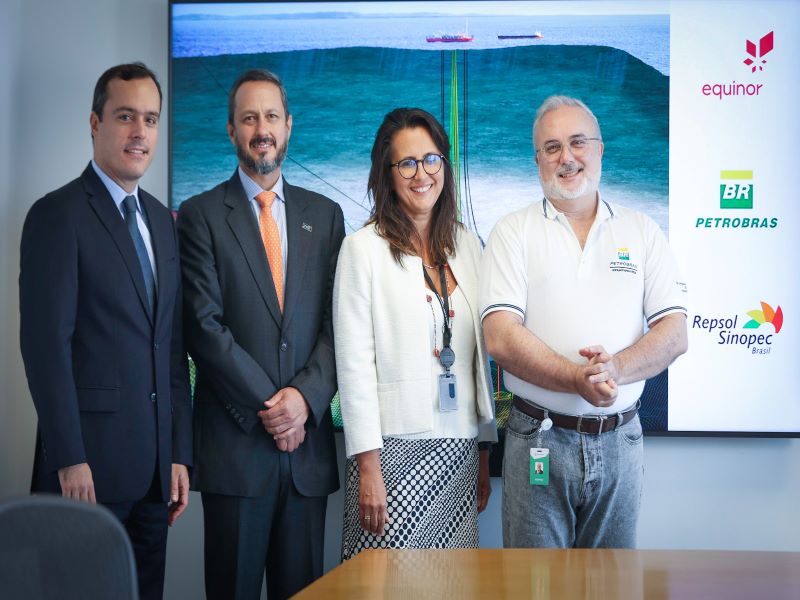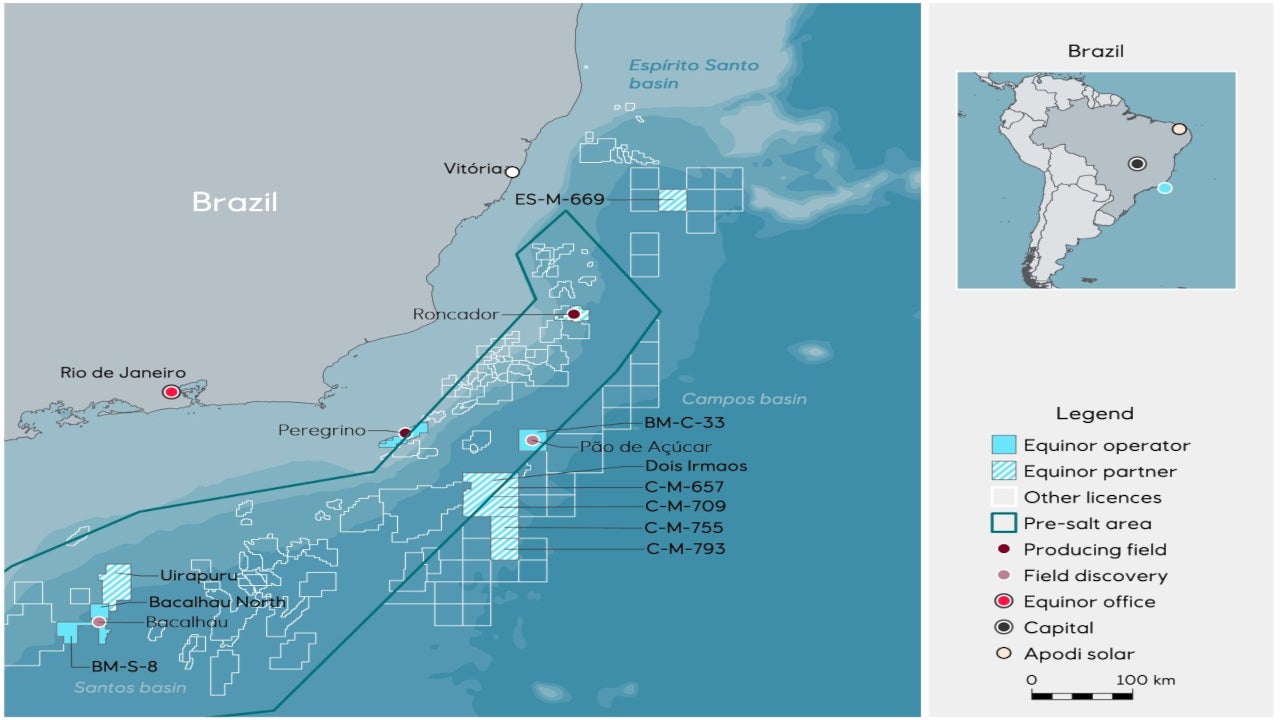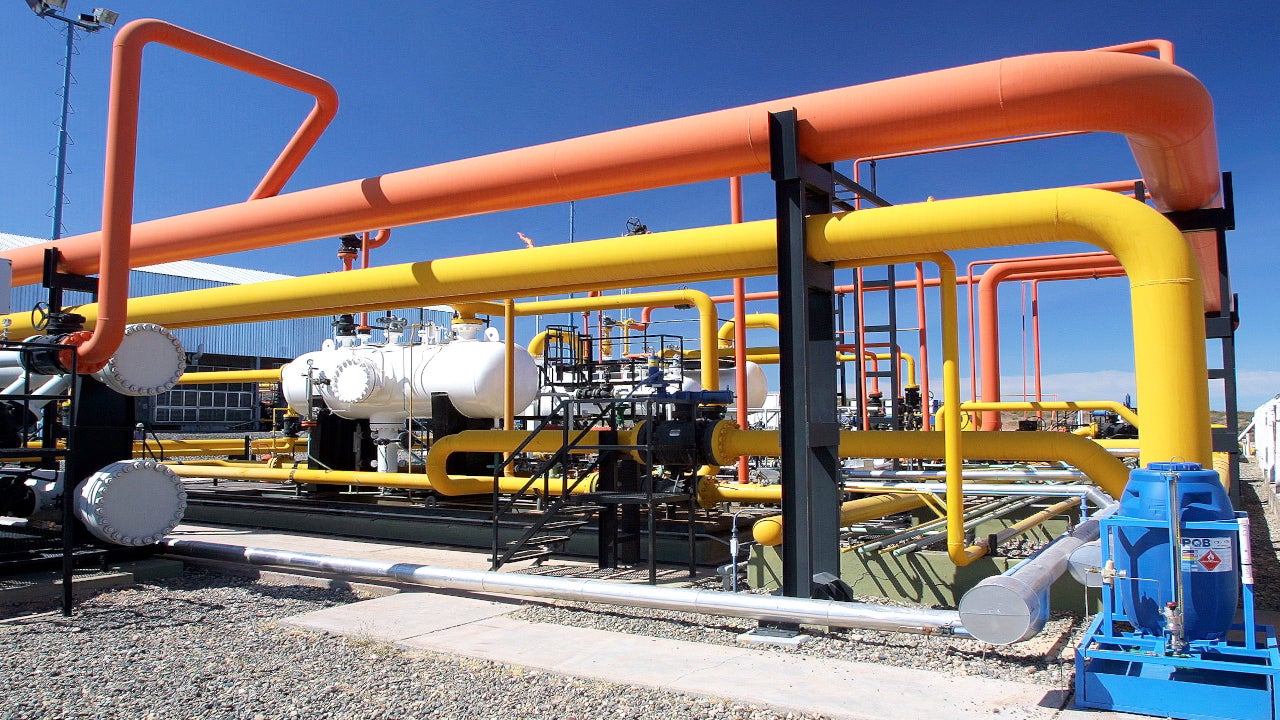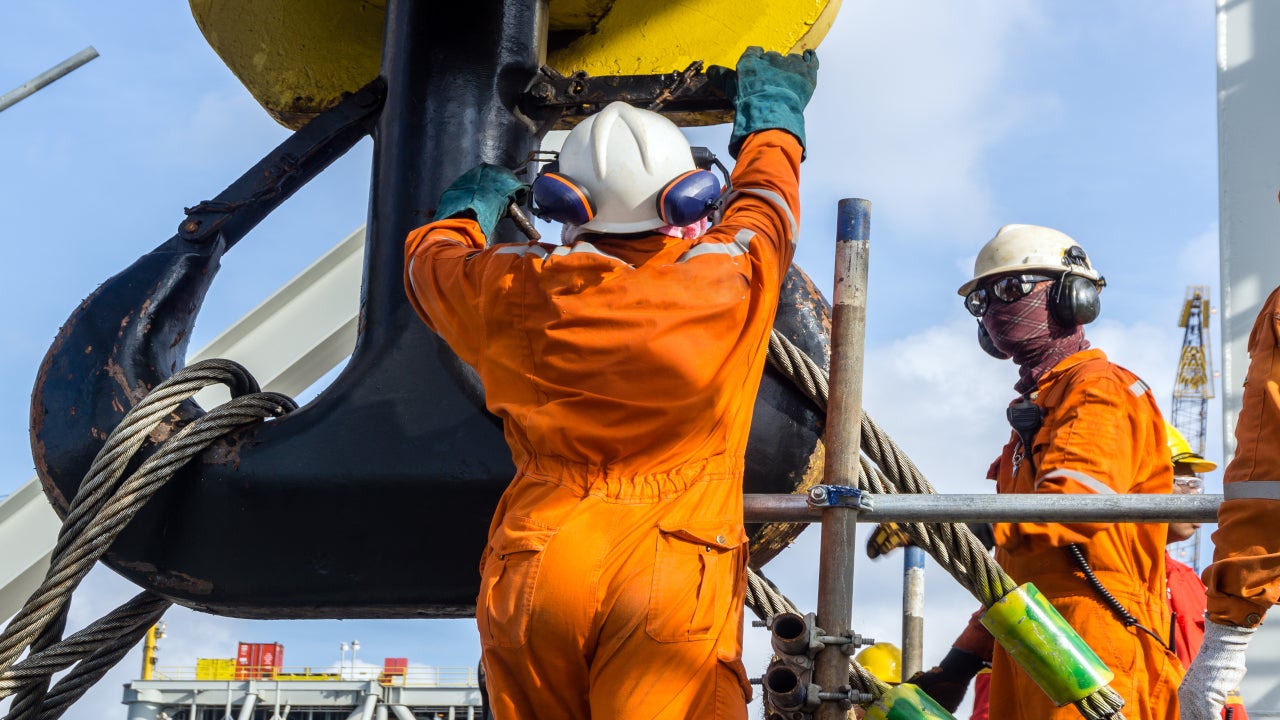BM-C-33 is a gas and condensate field being developed in water depths up to 2,900m in the Campos Basin pre-salt, approximately 200km off the coast of Rio de Janeiro in Brazil.
Equinor, a Norwegian oil and gas company, is the operator of the field with a 35% interest, with Repsol Sinopec Brasil (35%) and Petrobras (30%) as partners.
The BM-C-33 block was acquired by Repsol Sinopec Brasil at the auction held by Brazil’s National Petroleum Agency in 2005. The potential hydrocarbons in the block were revealed through the Pao de Acucar, Gavea and Seat discoveries in 2010. Equinor took over the operatorship of the block in 2016.
The block is being developed in a phased manner, starting with the development of Pao de Acucar, which is the largest discovery. The development concept of the Campos Basin field was approved by the licence partners in March 2021.
Equinor and its partners made the final investment decision for the field development in May 2023, while the first production is expected in 2028. The investment is expected to be about $9bn.
BM-C-33 field geology and reserves
The BM-C-33 field holds complex reservoirs, situated at a depth of approximately 3,000m, containing a heterogeneous silicified carbonate with vugs, caverns and fractures. The total resources in the block are estimated to be more than 700 million barrels of light crude and three trillion cubic feet of gas.
The field is estimated to contain recoverable reserves of more than one billion barrels of oil equivalent, making it one of the significant natural gas projects under development in the country.
BM-C-33 appraisal details
A total of seven appraisal wells including three on Pao de Acucar and two each on Seat and Gavea were drilled as part of the appraisal programme. Located at about 195km offshore Rio de Janeiro, Pao de Acucar was drilled to a depth of approximately 2,800m to encounter a 500m-thick oil column.
Drilled to a total depth of 6,230m, the Gavea A1 well encountered a 175m hydrocarbon column in a good-quality reservoir of silica-rich carbonates of the Macabu formation. It was tested to produce approximately 4,000 barrels per day of oil and 16 million standard cubic feet of gas.
The Seat-2, PdA-A1 and PdA-A2 appraisal wells were also drilled and tested between 2013 and 2015. The appraisal activities in the block were completed in 2016.
Development details of BM-C-33 field
The BM-C-33 field will be developed by connecting the production wells to a floating production, storage and offloading unit (FPSO). Crude will be offloaded by shuttle tankers after processing at the FPSO and transported to the international export market via ship-to-ship transfers.
An integrated offshore gas pipeline will transport gas from the FPSO to a new dedicated onshore gas receiving facility at Petrobras’ Cabiúnas onshore terminal in Macae, Brazil, from where it will be transferred to the domestic gas transmission network.
FPSO details
The FPSO vessel is under construction by MODEC, a Japanese company specialising in the engineering, procurement, construction and installation (EPCI) of floating production systems. It will be based on MODEC’s new build, a full double hull design, which can accommodate bigger topsides and increased storage capacity compared to conventional VLCC tankers.
The FPSO will be located 200km off the coast of Rio de Janeiro and is expected to be delivered in 2027. The topsides will be able to produce about 125,000 barrels of crude oil a day. The vessel will have a minimum crude oil storage capacity of two million barrels.
The FPSO will have the capacity to produce and export about 565 million standard cubic feet of associated gas a day. It will also feature a combined-cycle system for power generation.
Project benefits
The BM-C-33 field holds significant volumes of gas and the project development will be boosted by the completion of ongoing natural gas market liberalisation in Brazil. The project is expected to generate both direct and indirect jobs and help accelerate industrial growth in the country.
The gas field holds the potential to be one of the primary sources of gas supply in Brazil. It will expand the natural gas production of Repsol Sinopec Brasil and support its commitment to achieving zero net global emissions by 2050.
Contractors involved
Baker Hughes, an energy technology company based in the US, was subcontracted by MODEC to provide gas technology equipment for the BM-C-33 project in July 2023. The contractual scope includes the supply of LM2500 gas turbine generators and steam turbine generator technology for the FPSO’s combined cycle power generation solution.
MODEC received an EPCI contract from Equinor Brasil Energia, a subsidiary of Equinor, to supply an FPSO vessel for the BM-C-33 field in May 2023.
MODEC is also responsible for the operations and maintenance service of the FPSO for the first year from the start of oil production. SOFEC, a MODEC group company, will supply the spread mooring system.
The EPCI contract was awarded after MODEC completed the front-end engineering and design for the FPSO.
TechnipFMC, an energy technology company, was awarded a contract to provide integrated EPCI services for the subsea system of the project in May 2023.
The contractual scope includes the provision of EPCI services for TechnipFMC’s Subsea 2.0 tree systems, umbilicals, risers and flowlines, manifolds, jumpers, pipeline end terminations and subsea distribution and topside control equipment.
Furthermore, TechnipFMC is responsible to provide life-of-field services.
In March 2020, Equinor awarded an ultra-deepwater pipeline concept study contract to IKM Ocean Design, a sub-sea engineering provider based in Norway, to study gas export from the BM-C-33 field to the Rio de Janeiro coast.
Seaplace, a consultancy services company, was selected to provide technical support for the BM-C-33 project development. The company also performed integrated visualisation and marine survey and metocean studies for the project.
RBNA Consult performed the logistics during the feasibility studies of the project.





